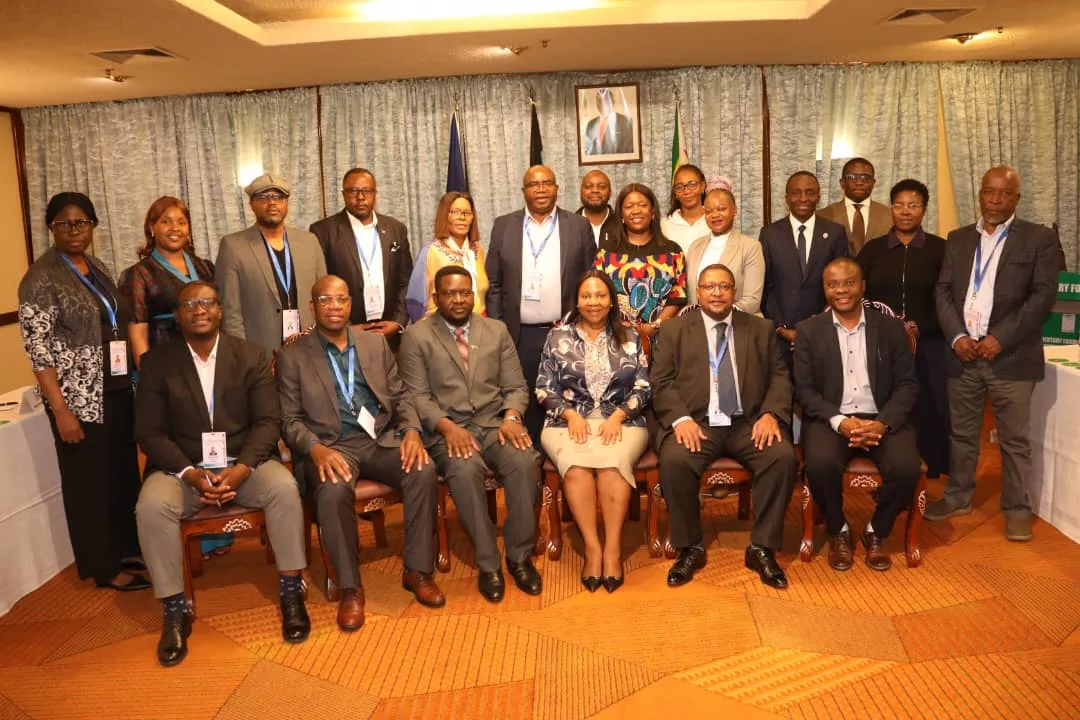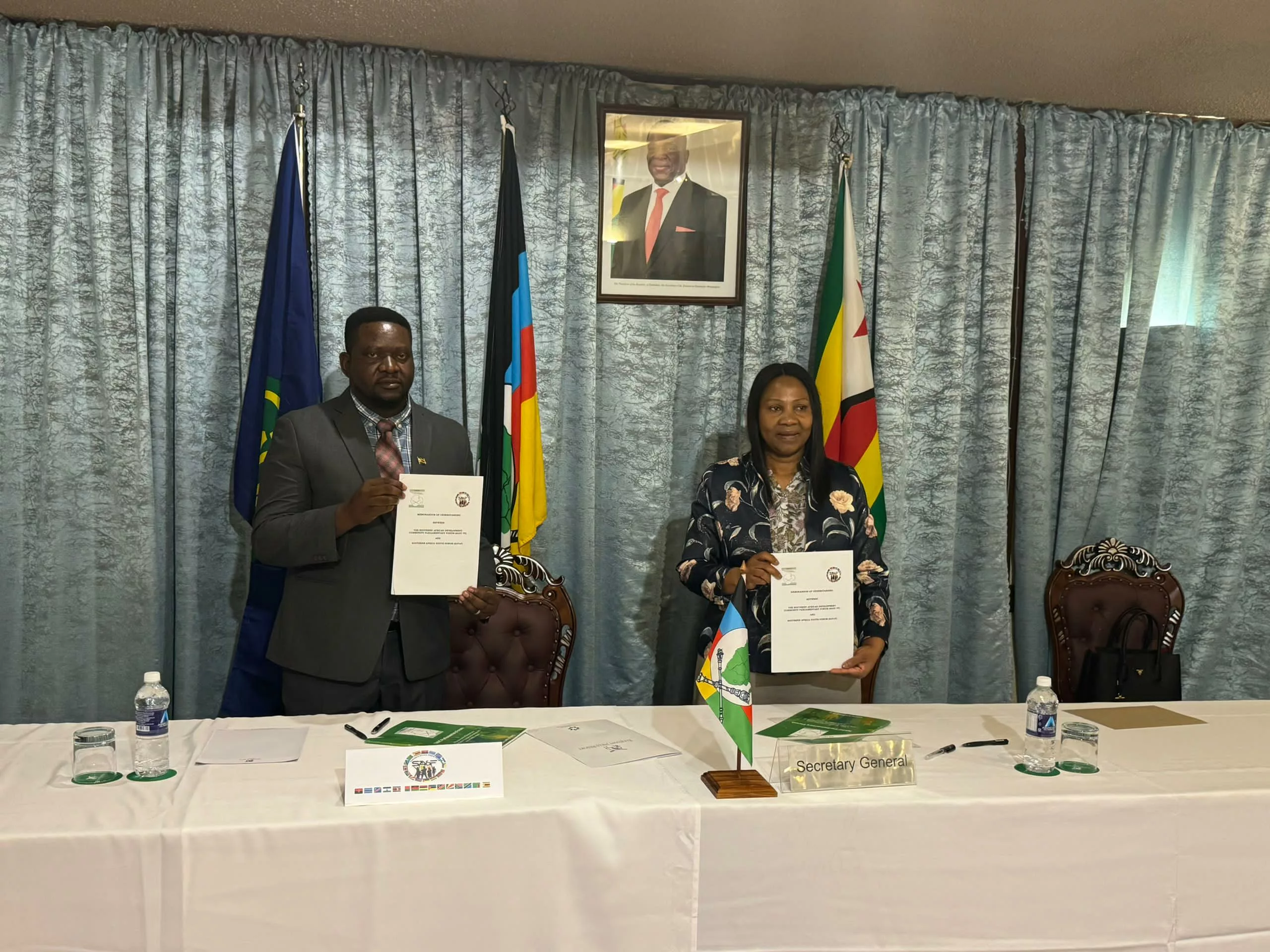By Joyce Mukucha
As the International Day of Women and Girls in Science is just around the corner, the UN Secretary-General, António Guterres, the United Nations Educational, Scientific and Cultural Organization (UNESCO), UN Women, and other UN agencies have urged for commitment to bring and recognize the critical role women and girls play in science and technology.
In their statements, publications, and posts, the organisations are encouraging for dedication to bring women and girls participation into their full potential within these fields and to see how their contributions can impact the world.
The International Day of Women and Girls in Sciences was implemented by UNESCO and UN-Women in collaboration with institutions and civil society partners that aim to promote women and girls in science.
Over the past two decades, women have been more likely to receive an undergraduate degree than their male counterparts.
Despite this overall accomplishment, women earn degrees in Science, Technology, Engineering, and Mathematics (STEM) at half the rate of men.
According to UN study from 14 countries, the probability for female students graduating with a Bachelor’s degree is 18 percent while the male equivalent is 37 percent.
This variance caught the attention of the United Nations and, in 2015 and adopted a resolution A/RES/70/212/ and proclaimed February 11 of each year to be observed as International Day of Women and Girls in Science as a way to achieve full and equal participation in science for women and girls and further achieve gender equality and the empowerment of women.
“On this International Day, I urge for commitment to ending bias, greater investments in science, technology, engineering and math education for all women and girls as well as opportunities for their careers and longer-term professional advancement so that all can benefit from their ground-breaking future contributions,” said the UN Secretary-General, António Guterres
Considering that the support of young girls, their education and their full ability to make their ideas heard, pushing for development, peace and gender equality are its global priorities, UNESCO stressed that this day should be an opportunity to promote full and equal access to and participation in science for women and girls.
The organisation indicated the need to break gender stereotypes that link science to masculinity and expose young generations to positive role models; women engineers, astronauts, and researchers.
Science added UNESCO, will also be essential for decent work and jobs of the future, including in the green economy, and it can create a market for women’s innovative ideas and products.
“On this International Day of Women and Girls in Science, let us harness the power of innovation and technology as drivers of change, and work together to empower all women and girls across the science fields. This day allows us to honor women’s significant achievements in science and place a much-needed focus on girls entering Science, Technology, Engineering, and Mathematics (STEM) careers.”
“But we still have a long way to go to tackle the challenges that remain for women and girls in science. Less than 30 percent of the world’s researchers are women, with studies showing that women in STEM are published less, paid less for their research, and do not advance as far as men in their careers.
“We need to break gender stereotypes that link science to masculinity and expose young generations to positive role models; women engineers, astronauts, and researchers, “said UNESCO.
UNESCO also pointed out the need for a dedicated strategy not only for increasing the representation of women in the talent pipeline for STEM jobs but also for ensuring that they thrive, incentivizing them to remain in these high-paying jobs and institutionalizing organizational cultures that enable women to advance in these fields.
This year, UNESCO stressed, is an opportunity to work together across sectors to address these challenges.
“As we mark the 25th anniversary of the Beijing Declaration and Platform for Action (1995), the most visionary agenda and roadmap for women’s and girls’ rights, we need to reflect on the ways in which the rapid spread of digital technologies has reshaped every aspect of public and private life in the decades since, and what this means for the ongoing struggle to achieve gender equality in science.”
Generation Equality, added UNESCO, is also a chance to ensure that the business community, including those in the STEM sectors, has a stake in and a responsibility for gender equality and women’s empowerment in the workplace, marketplace, and community.
“Through the Women’s Empowerment Principles, UN Women’s strategic platform for engaging the private sector, some 500 tech companies have already pledged to advance gender equality and women’s empowerment in their institutions. This was a vital part of the UN Women’s Generation Equality campaign, which is assembling six diverse Action Coalitions to tackle the unfinished business of gender equality.
“This year, we call on science and tech companies to follow their steps; and for the investor community to steer their investments to companies that have adopted these Principles.”
Celebrating the International Day of Women and Girls in Science in 2020, the United Nations and Executive Director of UN Women Phumzile Mlambo Ngcuka said,” Science and innovation can bring life-changing benefits, especially for those who are furthest behind such as women and girls living in remote areas, the elderly and people with disabilities.”
She added that as the fastest-growing segment of jobs with employers finding it hard to find available talent, science will also be essential for decent work and jobs for women and girls’ future.
Other civil society organisations pointed out that getting more women working in these fields can help tackling some of the greatest challenges of the Agenda for Sustainable Development from improving health to combating climate change this, relying on harnessing all talent.
“That means getting more women working in these fields. Diversity in research expands the pool of talented researchers, bringing in fresh perspectives, talent and creativity. This Day is a reminder that women and girls play a critical role in science and technology communities and that their participation should be strengthened,” civil society partners indicated.
It has also been underscored that the outbreak of the COVID-19 pandemic has been an awakening in many ways for it has clearly demonstrated the ingenuity of women researchers and their critical role in different stages of the fight against COVID 19, from advancing the knowledge on the virus to developing technics for testing and finally the vaccine against the virus.
Meanwhile, according to studies, the COVID-19 pandemic has also had a significant negative impact on women scientists, particularly affecting those at early-career stages, thus widening of the existing gender gap in science.
This, again, reveals gender disparities in the scientific system which organisations strive to address by putting new policies, initiatives and mechanisms to support women and girls in science.






